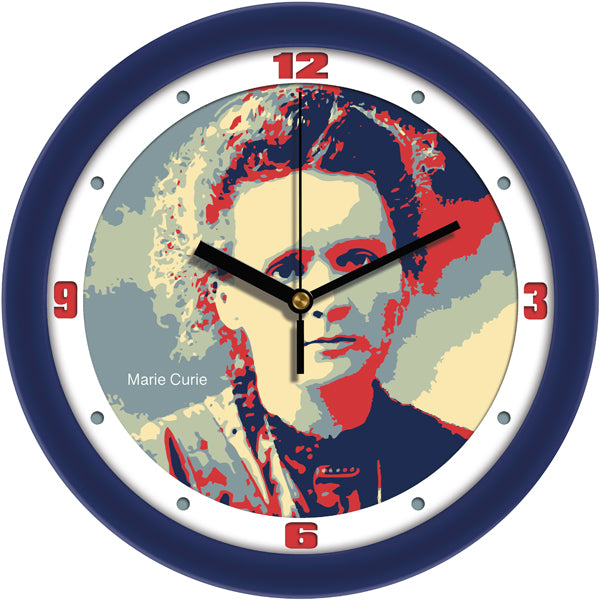Description
Marie Curie, born Maria Skłodowska, was a Polish-born physicist and chemist who made significant contributions to the field of science. Here are some reasons highlighting the importance of Marie Curie:
- Groundbreaking Research on Radioactivity: Marie Curie conducted pioneering research on radioactivity, a term she coined herself. She, along with her husband Pierre Curie, discovered two highly radioactive elements, polonium and radium. Their research not only expanded our understanding of the atomic structure but also laid the foundation for the field of nuclear physics.
- Nobel Prizes: Marie Curie became the first woman to be awarded a Nobel Prize in 1903, jointly with Pierre Curie and Antoine Henri Becquerel, for their research on radioactivity. She received her second Nobel Prize in 1911, this time in chemistry, for her discovery of radium and polonium. Curie remains the only person to have received Nobel Prizes in two different scientific fields.
- Pioneering Female Scientist: Marie Curie shattered gender barriers in the scientific community at a time when women faced significant obstacles in pursuing scientific careers. Her achievements served as an inspiration for future generations of women in science, encouraging them to pursue their passions and make valuable contributions to their respective fields.
- Contributions to Medicine: Curie’s research on radioactivity had significant implications for medical applications. During World War I, she and her daughter, Irène Joliot-Curie, used mobile radiography units, also known as “Little Curies,” to provide X-ray diagnostics to injured soldiers, which greatly improved medical care on the battlefield.
- Legacy and Influence: Marie Curie’s contributions to science and her pioneering spirit continue to have a lasting impact. Her work laid the groundwork for subsequent advancements in nuclear physics, leading to breakthroughs in medical imaging, radiation therapy, and our understanding of the atom. She remains an inspiration for aspiring scientists, particularly women, as an example of determination, intellectual curiosity, and excellence in scientific research.
Marie Curie’s legacy as a brilliant scientist, trailblazer for women in science, and her impact on the fields of physics, chemistry, and medicine cannot be overstated. Her achievements continue to shape scientific inquiry and inspire future generations of scientists worldwide.





